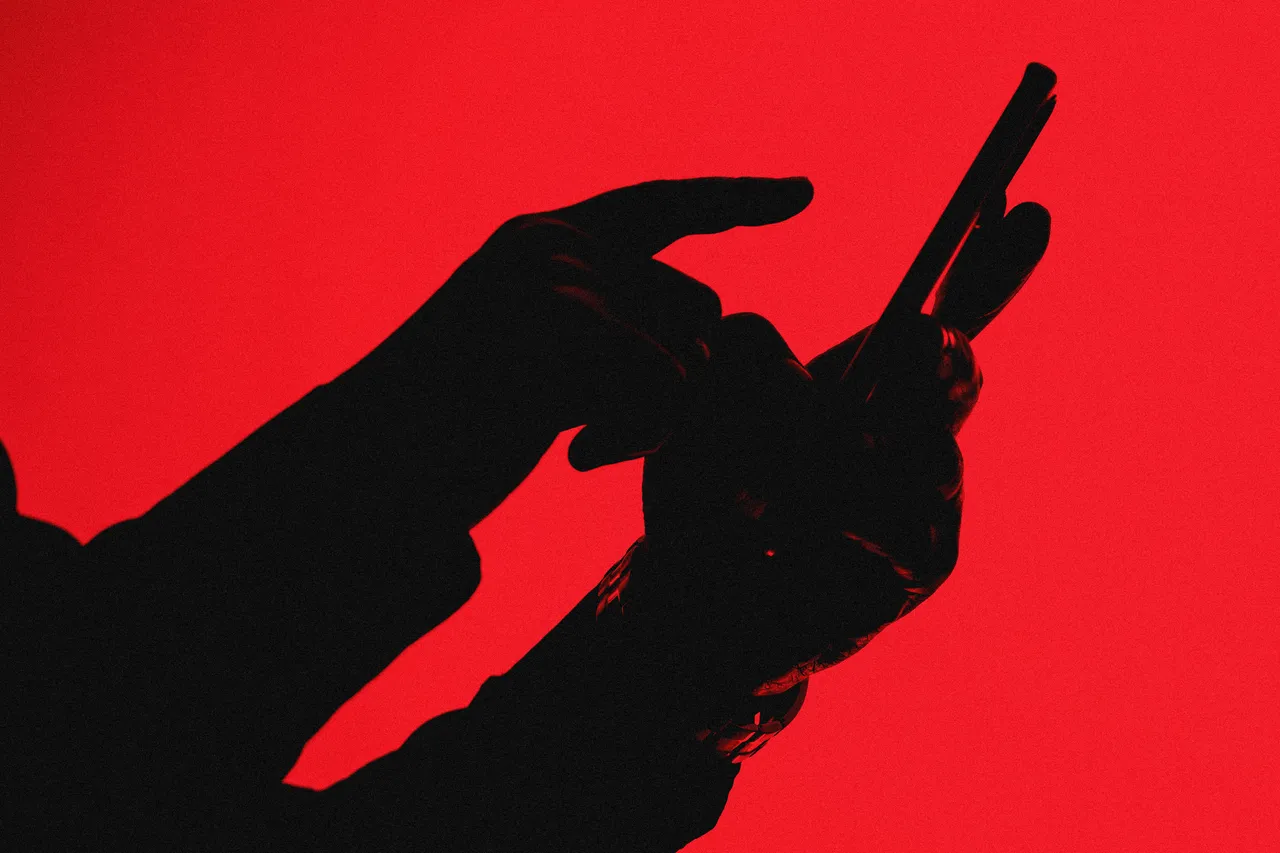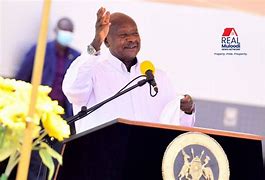
Trying to pin down what nearly brought Barcelona Football to its knees since 2019 is difficult. However, the question that lingers is: How bad was it?
Barca were in trouble. But, to use boxing metaphor, were they dazed and blowing hard, or unable to defend themselves?
According to Barcelona president Joan Laporta, it was the latter, although he would not be the first president to suggest the club were half a second from being counted out when he arrived with the smelling salts. Again, Barcelona politics are much like real politics in that the last lot are always useless and everything that goes wrong is their fault.
There are so many lowlights from the last months of Bartomeu’s reign to the start of Laporta’s that it is hard to remember them all, but the most symbolic was the 8-2 defeat by Bayern Munich in the quarter-final of the Champions League in August 2020.
The quarter-final was played as a single-game tie in a Covid-19 “bubble” in Portugal and Bayern’s last two goals were scored by Coutinho, who was on loan in Germany because Barcelona could not afford his wages and needed to put him in the shop window.
Nine days after that defeat, which cost manager Quique Setien his job only seven months after he replaced the harshly dismissed Ernesto Valverde, Messi told the club he wanted to leave. He did this via burofax, which is the greatest endorsement this Spanish method of sending important documents has ever received.
Messi was eventually persuaded to see out the final year of his contract but the die was cast and he, too, would be off to PSG 12 months later. In tears.
By that point, Barca were in “everything must go” mode: including Messi, 11 players were sold or released, with four more going out on loan. They were replaced by three free transfers and two loanees. And Messi’s locker at the training ground went to Dutch striker Luuk de Jong, a man who failed to score in 12 forgettable appearances for Newcastle United in 2014.
Unsurprisingly, Barca won no trophies in 2021-22, finishing 13 points behind Real Madrid in the league and failing to reach the Champions League knockout stage for the first time since 2004.
The club’s financial report in October 2021 was terrifying. It included £236 million in impairments and provisions – write-offs, in other words – related to bad contracts, legal fees and tax disputes. Barca’s net financial debt – its bank borrowings and bonds, minus cash in the bank – had sailed past £400 million and most of that was expensive, short-term debt. The club paid £36 million in interest that year.
The net financial debt only told half the story – Barcelona also owed huge sums in transfer-fee instalments, back tax, deferred wages and unpaid suppliers’ bills. That pile of bills almost doubled between 2018 and 2020 when it soared past £1 billion.
As then-chief executive Ferran Reverter put it: “When we came in this March, we found a club that was technically bankrupt; if it was a PLC, Barca would have been dissolved.”
What’s the way out?
Many in that situation would have prescribed a dose of austerity, a period when the men’s team could lean on the club’s famous academy and perhaps focus on the cups. They would also have probably postponed plans to redevelop the Camp Nou, and build a Barca-themed entertainment park around the stadium, until the debt had come down.
This would have been cautious, orthodox and reasonable. Laporta, however, took a more Keynesian view of the club’s economic predicament and decided to spend, spend, spend.
Now, you may think we are suggesting this was the wrong thing to do, as we have already explained that Barcelona presidents have a habit of doing what is popular, as opposed to sensible, and their investment horizons tend to extend as far as the next election.
But we are not saying that. We are merely pointing out that Laporta – and, by implication, Barca’s members – had a choice and they chose to double down.
The rationale is that Barcelona should never aspire to be plucky triers, they must try to win. That is what brought them hundreds of millions of fans, took them to the top of the revenue rankings and helped them win four Champions League titles between 2006 and 2015.
Having chosen to pursue a “virtuous circle” strategy, Laporta had another choice to make: how to do it while satisfying UEFA’s financial fair play (FFP) rules and La Liga’s even more restrictive spending limits.
The obvious choice for most clubs would have been to bring in fresh investment by selling a stake in the business. If Barcelona were ever to consider moving away from their fan-ownership model, even with just a small stake for a partner, they would not be short of offers.
In fact, we know Laporta received at least one, as one of Britain’s richest men, Sir Jim Ratcliffe, made a polite inquiry about putting in “two or three billion” to “renovate (the stadium) and have 50 per cent ownership”. That revelation came in a book about Ratcliffe’s company INEOS published earlier this year. The British businessman has since made Manchester United’s owners a similar offer.
Laporta went another way. He decided to sell future revenues and stakes in subsidiaries, his so-called ‘levers’.
The first was pulled in June 2022 when he sold 10 per cent of Barcelona’s domestic TV revenue for the next 25 years to US private equity firm Sixth Street for £230 million. This enabled the club to post a profit of £85 million for 2022, a £500 million swing from 2021’s record loss.
That was enough to keep UEFA’s FFP police at bay and erase some red ink in the accounts, but more cash was going to be needed to satisfy La Liga’s forward-looking cost controls, particularly if Barcelona wanted to register new signings Raphinha, Robert Lewandowski and Jules Kounde, a trio of talents who cost more than £130 million. So, in July, Barca announced they were selling another 15 per cent of their 25-year domestic TV income to Sixth Street for just short of £350 million.
Taken together, Sixth Street will earn almost £900 million across the deal, with Barcelona sacrificing more than £320 million to receive their two injections of cash.
But new signings meant the wage bill would be going up again, which meant the need for more levers. Numbers three and four were the sale of two 24.5 per cent stakes in Barca Studios, the club’s media production arm, to blockchain-based “fan engagement” firm Socios.com and Orpheus Media, a production company run by Catalan media magnate Jaume Roures. As a bonus, the deal meant the club could also book another £180 million gain thanks to the revaluation of its 51 per cent stake in Barca Studios.
Confused? You will be when we tell you Socios and Orpheus had only paid 10 per cent of what they owed for the shares as of this June, which meant Barca could sell some of the shares not paid for yet to some other previously unknown entities. Both companies denied failing to meet obligations and instead said an agreement was made for payments to be delayed to December, while Barca could look for a new “partner” to make them instead.
And Barca were not finished there. Within weeks, a new plan was announced that will see Barca Studios become Barca Media, a home for all manner of unspecified digital and media offerings, and floated on the Nasdaq stock exchange. The target valuation is $1 billion, which is a suspiciously round number for a business that nobody understands.
No matter, there were other more tangible levers, too, such as bundling the shirt sponsorship with the stadium naming rights and flogging them to Spotify. The club also asked Goldman Sachs and JP Morgan to arrange £950 million worth of 25-year corporate bonds secured against the increased revenues it is expecting from its redevelopment of the Camp Nou and the surrounding area.
The upshot of all this fancy financial footwork is the big annual profit posted for 2022-23, another La Liga title, reduced media income and a near-tripling in the club’s net financial debt to almost £1.2 billion, the highest in European football. Laporta finished his speech at the ordinary general assembly with another well-worn motif: it is us versus them, folks; Barca against the world. That is not usually a strategy chief financial officers would recommend but Barcelona is mes que un club so it might just work. It will have to – Laporta has bet the house on it.
- The Athletic report











